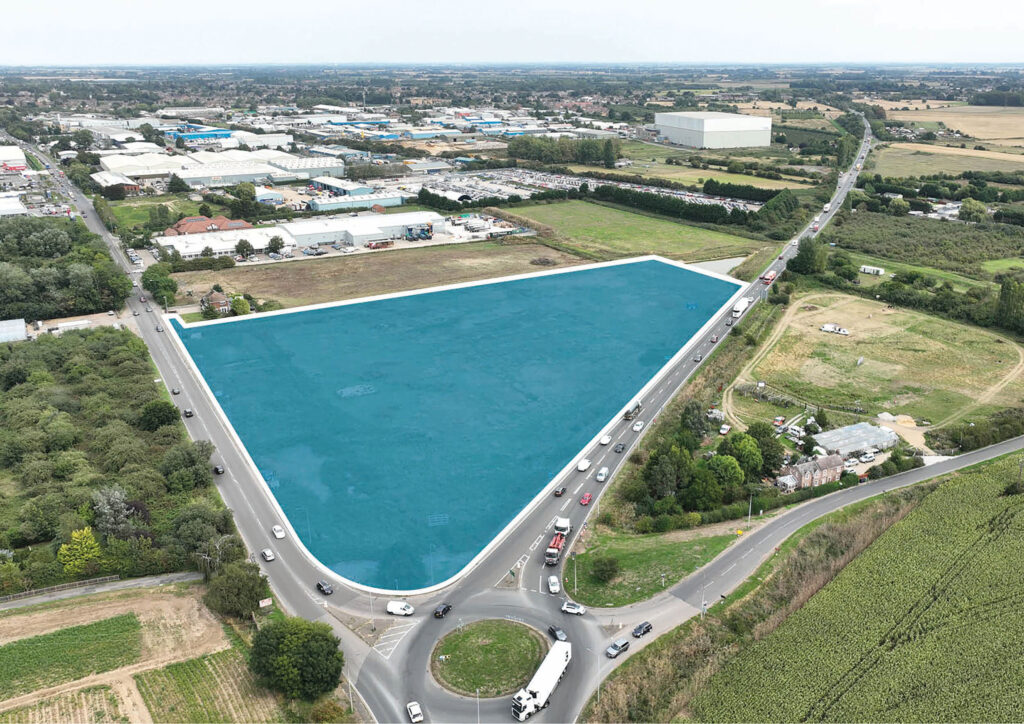Aside from the UK where the lack of progress over Brexit reflected in business uncertainty, world equity markets were mostly positive, while fixed income markets weakened with central banks adopting a more hawkish tone.
UK
Theresa May’s speech in Florence and stalled Brexit negotiations led to Moody’s credit rating Agency, who view Brexit as a negative growth driver for the county, to cut its UK sovereign debt credit rating to its lowest ever rating. Other rating agencies are yet to react.
Unemployment is still on a moderate downward trend with inflation returning to mid-year levels of 2.9%. GDP growth was revised downwards from 1.7% to 1.5%, and wage growth has not moved from 2.1%. Meanwhile, retail sales are up by 1% from July to August.
Equities, while up in some sectors and down in others, generally dipped during the month with oil stocks leading the market, gaining over 17% as oil prices recovered.
The pound gained 3.5% against the dollar and 4.5% against the Euro with the expectation of a rate rise in November.
Bond markets reacted severely over the month with Sterling High Yield bonds being the only part of the fixed income landscape to remain above water in September.
Europe
In September, Europe experienced the best European equities performance this year, led by various key sectors such as basic materials, industrials and financials. The banking sector performed particularly well, expecting future tighter monetary policy.
Although Spanish equities lagged; their performance hindered by the upcoming referendum vote in Catalonia and consequent political clashes, the most prominent laggard was Greece. With the Athex Composite Index down 8.5%, the market still carries concerns about the outcome of Greece’s final bailout review by the IMF.
Business conditions remain robust. Manufacturing output and new orders continuing to expand across Europe with broadly based recovery. Some countries saw faster growth increases than others with strong growth overall. Despite this, consumer confidence and retail sales remain negative, and inflation remained unchanged at 1.5%.
German elections come to a close, with Angela Merkel marginally winning her fourth term as chancellor while French president Emmanuel Macron scored a significant victory by signing the new labour reform bill.
USA
It was a turbulent month in the US with escalating tensions between the US and North Korea and the Senate baulking at the prospect of reforming US healthcare and not passing the Graham-Cassidy healthcare bill. Hurricanes Harvey and Irma devastated the Caribbean and substantially damaged various US mainland areas with Florida, Texas and Southern Georgia taking the brunt. Perversely, this brought a bonus for shares in the automotive sector as consumers in hurricane-hit parts of the country, notably Southeast Texas, rushed to replace flood-damaged cars. In fact, car manufacturers experienced their first monthly sales gain this year, and it is inevitable that the unusual weather patterns will distort figures.
Oil price rose steadily during the first three weeks of the month resulting in Oil stocks performing well. Consumer stocks were less fortunate; with housewares, food and drink stocks faring poorly. Overall though, equities were positive, while fixed income markets were weaker and sales growth dipped slightly from July levels. Unemployment levels rose unexpectedly, and inflation rose to 1.9% from 1.7% in the previous month.
In currencies, the Dollar lost against a stronger pound and gained slightly against the Euro.
JAPAN
Japanese Equities rose sharply in September; year-on-year GDP came in lower than expected, exports and industrial production outperformed expectations, and the Bank of Japan lowered its inflation forecast for the current fiscal year from 1.4% to 1.1%.
Japan’s Prime Minister Shinzo Abe called a snap election for October 22nd seeking to capitalise on a rally to his previously sagging approval rating.
EMERGING MARKETS
Overall, emerging market equities were marginally positive in September, with India and Taiwan falling and Brazil and Russia rising.
Brazilian stock markets were buoyed by GDP growth for the first time in almost three years, however ongoing corruption charges for President Michel Temer risk hampering much-needed reforms and derailing market sentiment.
In upcoming political news, China’s Communist Party is set to meet on October 18, for its 19th Party Congress, an event which will be closely watched by markets due to the anticipated transition of leadership from several members of the powerful Politburo to a new generation of leaders.




